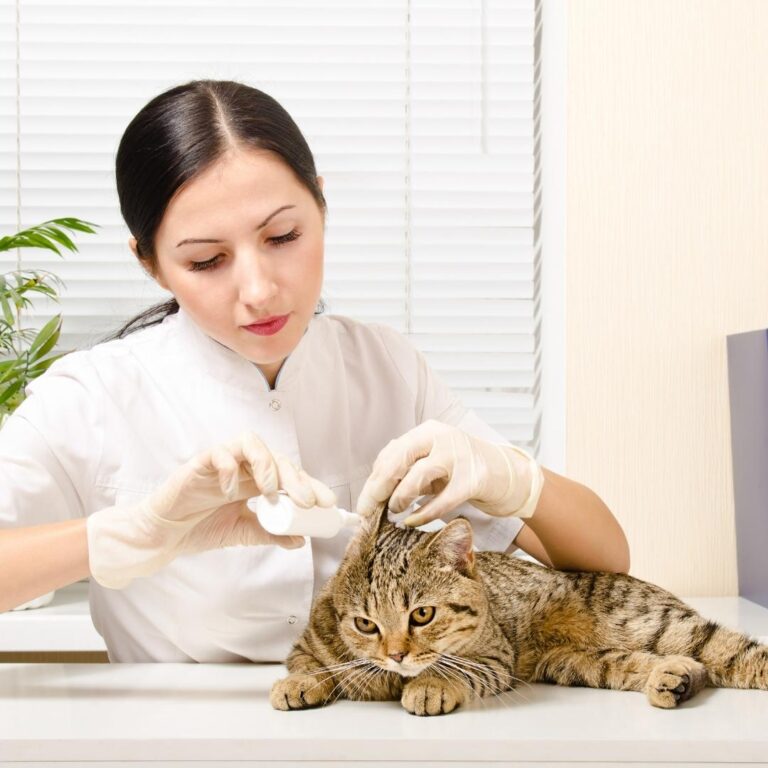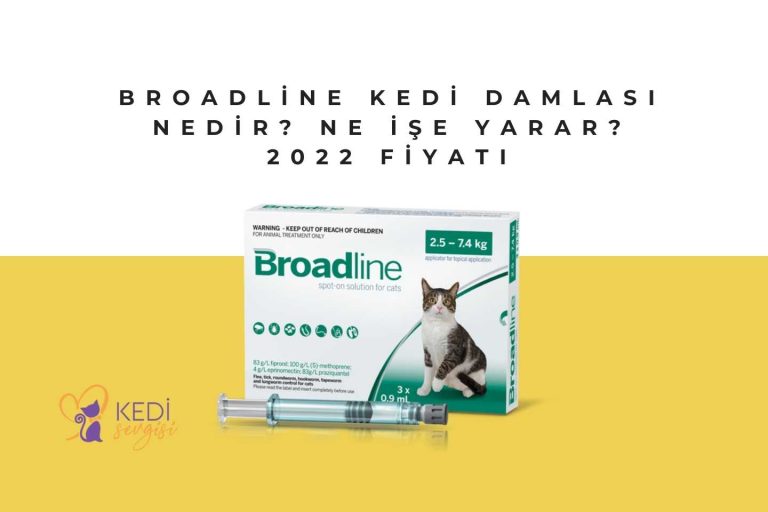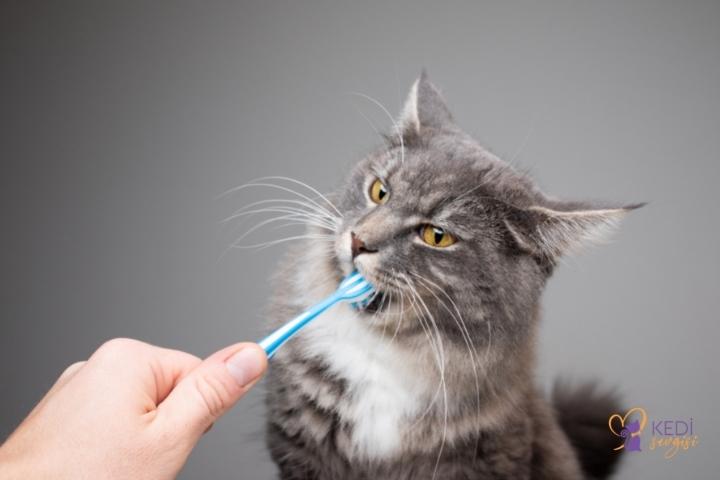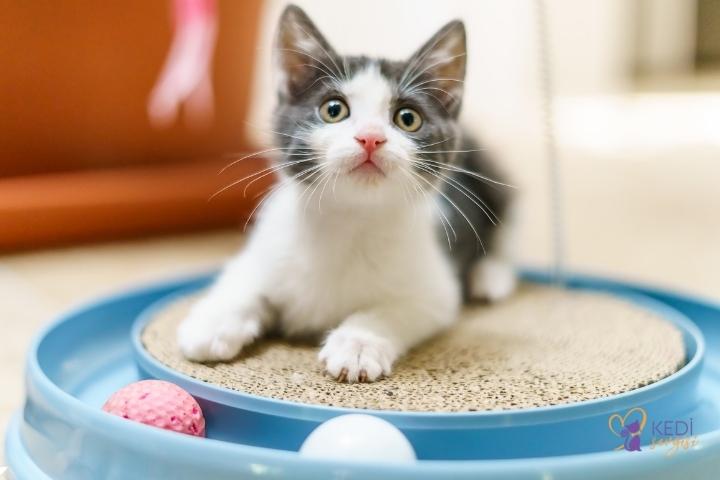How to Take Care of Your Pregnant Cat: Complete Guide for a Healthy Mom and Kittens

If your cat is expecting kittens, congratulations — you’re about to witness one of nature’s sweetest experiences.
But caring for a pregnant cat takes more than extra cuddles. From nutrition and nesting to vet visits and birth prep, here’s everything you need to know to help your furry friend stay safe, comfortable, and healthy through pregnancy and beyond.
Story Synopsis
A typical cat pregnancy lasts about 63–67 days (roughly 9 weeks). During this period, your queen — the term for a pregnant female cat — will need balanced nutrition, a calm environment, and gentle attention.
Her needs will change as her pregnancy progresses: she’ll eat more, rest longer, and seek comfort in quieter corners. Understanding these changes is key to keeping her and her kittens in perfect health.

1. Understanding Cat Pregnancy
Signs Your Cat Is Pregnant
- Swollen, pink nipples (usually around 3 weeks in).
- Increased appetite and mild weight gain.
- Nesting behavior — seeking out quiet, hidden spaces.
- More affectionate or, in some cases, slightly moody behavior.
If you’re unsure, your veterinarian can confirm pregnancy through palpation, ultrasound, or X-ray (usually after day 40).
2. Nutrition: Feeding for Two (or Five!)
A pregnant cat needs more calories and nutrients to support both her own health and her developing kittens.
- Switch to kitten food: It’s higher in protein and calories, perfect for expectant and nursing mothers.
- Feed smaller, frequent meals: As her belly grows, she may not eat large portions at once.
- Ensure constant access to clean water.
- Avoid supplements unless prescribed — excess vitamins or minerals can harm the kittens.
Once kittens arrive, keep feeding her the same nutrient-rich diet while she’s nursing.
3. Comfort and Nesting
Create a quiet nesting area a few weeks before she’s due:
- Use a large box or covered crate lined with soft towels or blankets.
- Keep it in a calm, dimly lit space, away from noise and other pets.
- Let her explore the nest so she feels safe and in control.
If she chooses her own spot (under a bed, in a closet), it’s often best to respect that choice as long as it’s safe and warm.
4. Vet Care and Health Monitoring
- Schedule a vet check-up early in pregnancy to confirm her condition and get care advice.
- Ask about deworming and flea prevention, since not all treatments are safe for pregnant cats.
- Avoid vaccinations during pregnancy — those should be done before mating.
- Monitor her weight, eating habits, and overall comfort.
- In the last week or two, you may notice her temperature drop slightly — a sign birth is near.
5. Preparing for the Birth (Queening)
Cats are usually independent birthers, but it helps to be ready:
- Keep clean towels, scissors, and gloves nearby (for emergencies only).
- Ensure the room is warm and draft-free.
- Watch for signs of labor: pacing, licking, restlessness, or contractions.
- Most cats give birth naturally without help, but call your vet if:
- She strains for over an hour without delivering.
- There’s excessive bleeding.
- She seems exhausted or distressed.
Once the kittens are born, she’ll clean them and start nursing right away.
6. Post-Birth Care
- Keep the nest clean and quiet for the first few weeks.
- Feed the mother high-calorie kitten food to support milk production.
- Limit handling of kittens until they’re about 2 weeks old (except to check their health).
- Schedule a postnatal vet visit for mom and babies after a few days.
- After nursing ends, discuss spaying to prevent future pregnancies.
Quick Cat Facts
- A cat can become pregnant as early as 5 months old.
- Litters usually range from 3–6 kittens, but can be as many as 9.
- Cats can become pregnant again while nursing — so timely spaying is essential.
- Feline pregnancy is shorter than most mammals, so early nutrition and care matter immensely.
Suggested Reading
- “How to Tell If Your Cat Is Pregnant” – PetMD
- “Caring for a Pregnant Cat” – ASPCA
- “What to Expect When Your Cat Is Expecting” – Humane Society
- “Postnatal Cat Care Guide” – Blue Cross UK






